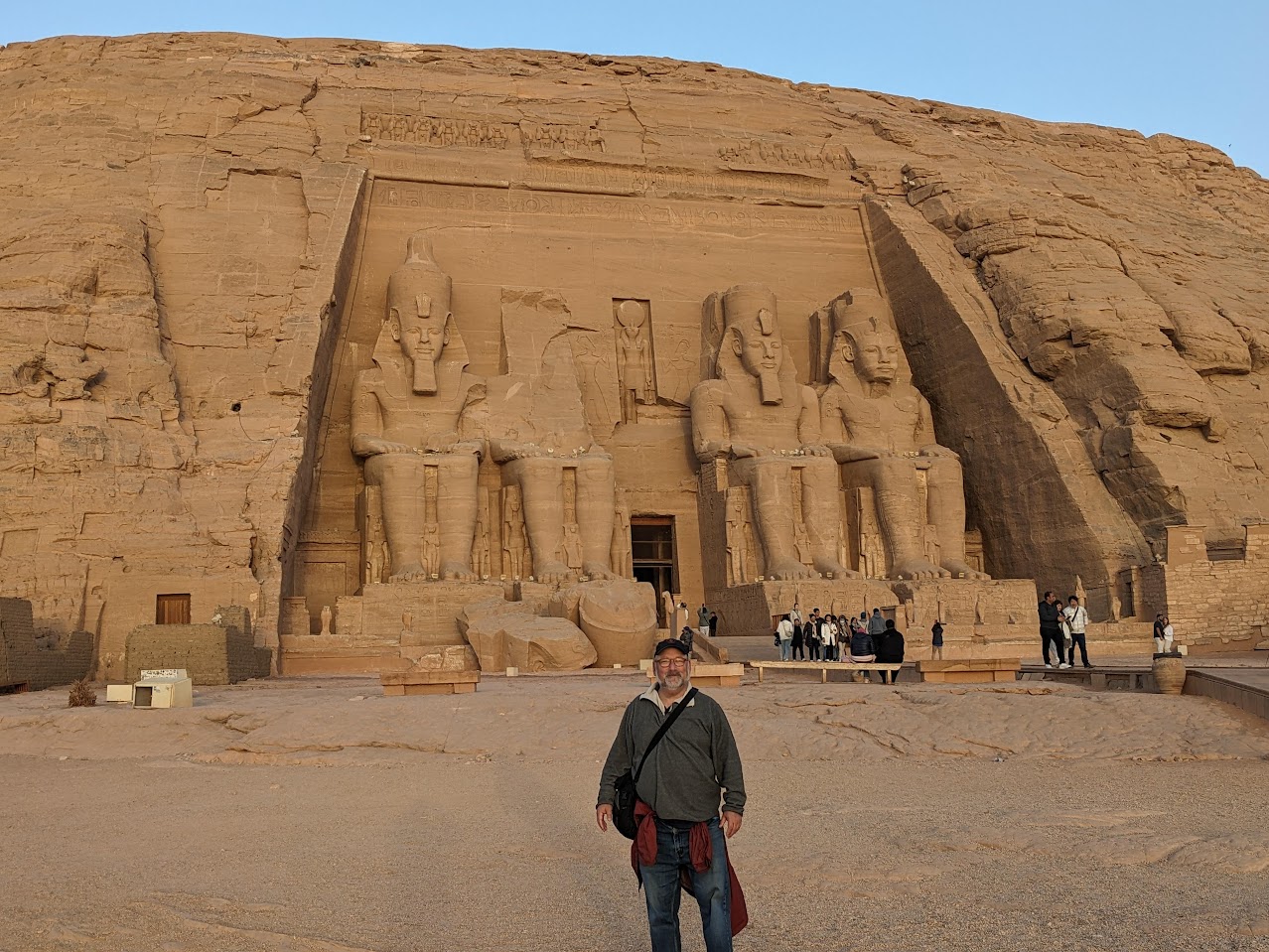Michael Kahrs '97 Pledges $200,000 to Fund Clinical Students' Summer Work
By Carla Meyer
Michael Kahrs ’97 found his calling, at age 41, through the Civil Rights Clinic. Now Kahrs, a longtime Seattle solo practitioner who represented many incarcerated clients, has pledged $200,000 to help current and future King Hall students find a similar path.
The new Michael C. Kahrs Public Service Endowed Student Award will provide summer support to students who participate in a clinical program, with priority to Civil Rights Clinic students. The award could support summer work within a UC Davis clinic, or a clinical student pursuing opportunities at a nonprofit organization specializing in public service.
“My motivation for this gift is that I wanted to pay back for the experience that transformed my life,” Kahrs said. “I had drifted somewhat aimlessly prior to law school … luckily, in law school, I found that which has sustained me for the rest of my life.”
“Aimless” is one way to describe Kahrs’ career before entering UC Davis Law at 40. “Colorful” and “fascinating” fit, too.

After dropping out of UC Santa Cruz, Kahrs worked in an Alaskan fishing cannery, cold storage and a lumber mill before receiving a certificate for diesel mechanics and heavy equipment from the Alaska Skill Center. He supported himself as a ship engineer while he completed a physics degree at the University of Washington. He then obtained a nuclear engineering degree at U of W and worked for the Navy as a nuclear test engineer on submarines and aircraft carriers. He enjoys telling the story of standing atop the reactor vessel among the control rods during overhauls. In one of his less successful ventures, Kahrs operated the bungee-jump attraction at the annual biker rally in Sturgis, South Dakota.
“We lost money because bikers like to go fast horizontally, not vertically,” Kahrs explained.
He also owned a small patent research business and after deciding to become a patent lawyer, chose UC Davis because it was “the most chill” of the law schools to which he was accepted. But his first patent law class was “not for me,” he said, because he realized he would have to work for corporations, not individuals. Nor was he interested in chasing top grades for a Big Law job. When his Constitutional Law Professor Alan Brownstein asked the class who was interested in a solo practice after graduation, Kahrs was the only one to raise his hand.
Craving practical experience, Kahrs volunteered to play a witness in a Civil Rights Clinic mock trial and “was hooked,” he said.
Once eligible for clinic work, as a 2L, he “went all in” with the Civil Rights Clinic, Kahrs said, where then-Supervising Attorney Susan Christian “taught me how to represent clients and litigate on their behalf.” He became a summer clinic fellow along with fellow student Bo DeRosa ’98 and later, during finals, argued and won on behalf of a trans prisoner who was denied hormone medication – a ruling later Civil Rights students successfully defended in the U.S. Court of Appeals for the Ninth Circuit.

That experience led to a Yolo County Public Defender’s Office internship and a post-bar job representing incarcerated people under a contract with Washington’s Department of Corrections. Kahrs later started a private practice focused on post-conviction issues, public records law, other prison issues, and personal injury. “Getting involved in prison rights cases was the serendipitous result of law school,” he said. “I have lived an enriched life helping incarcerated individuals and their families and other lawyers who needed assistance with the prison system, even if all I did was direct them to resources which might help.”
Kahrs plans to keep giving: “At 71, I am still working part time and hope to contribute more through additional donations and my will.” He also aims to visit more places to satisfy his archeological curiosity.
He hopes his $200,000 endowed award will allow students who might otherwise need to take jobs elsewhere continue clinical work in summer – especially students “with an eye to having a career helping those caught in the prison system.”
After all, “litigation does not take holidays,” Kahrs said, and summer positions like the one he once held help move vital cases, and careers, forward.
